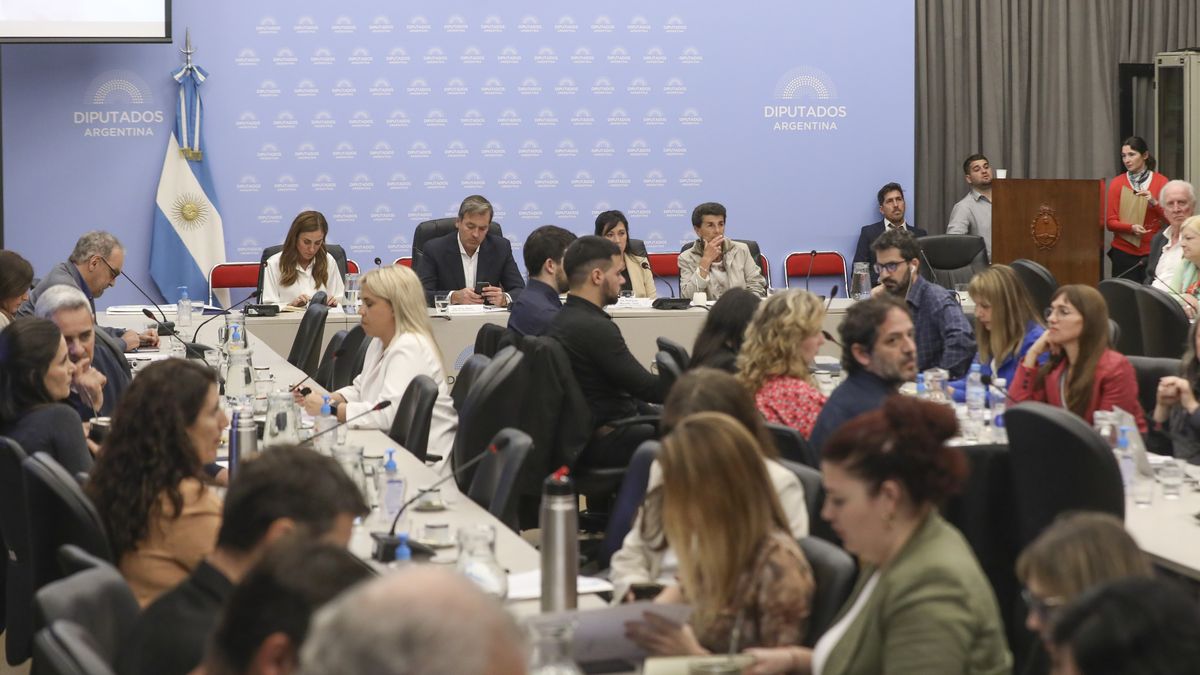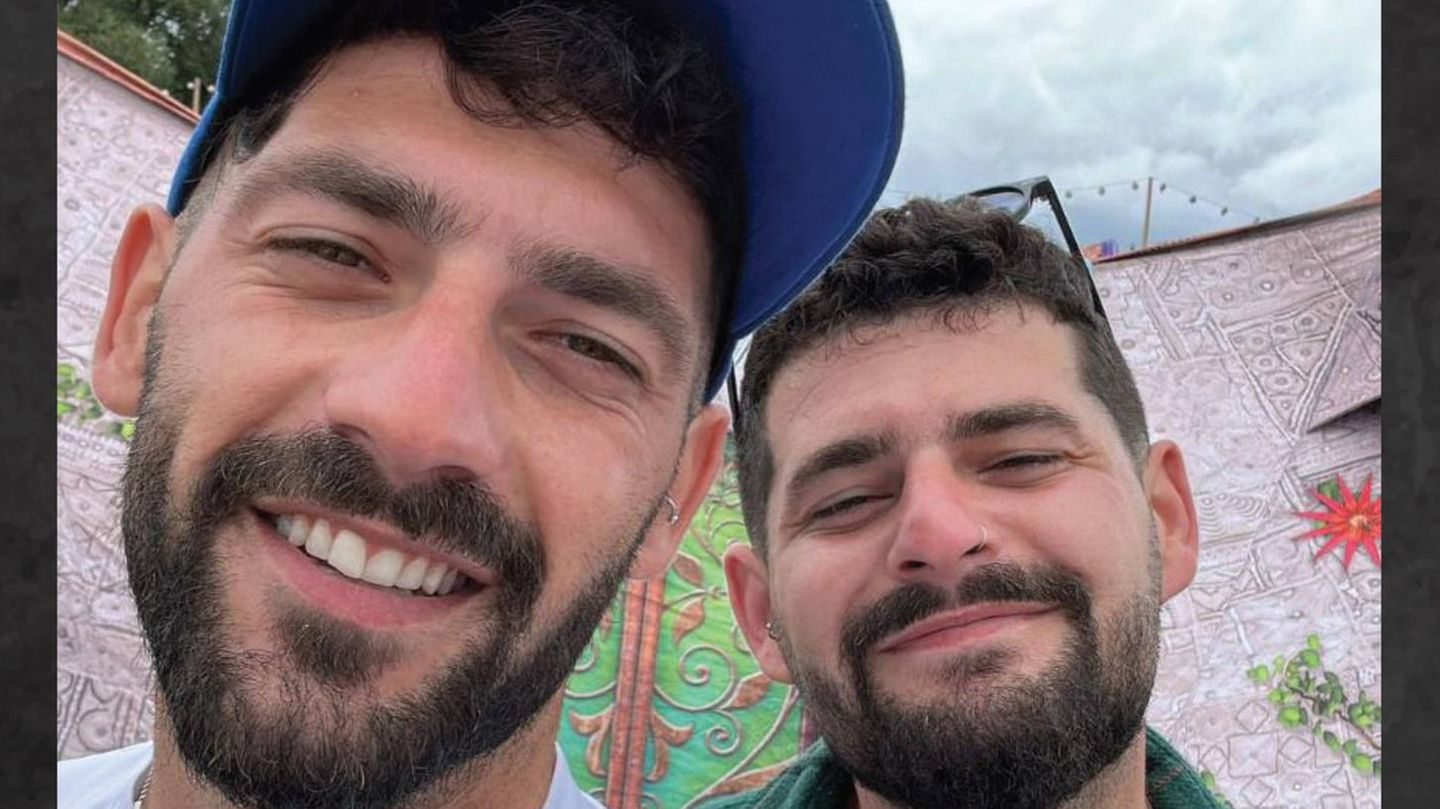This Wednesday’s meeting lasted just under two hours and no agreement was reached between the different projects that exist, whose central debate is placed on the conditions of detention of adolescents and the lowering of age of imputability. Only a sector of Peronism – but not the entire Union for the Homeland bloc – and the Left Front defend preserving the current age, set at 16 years. The Government seeks to reduce it to 13, but the consensus of other spaces aims to establish it at 14.
The main obstacle that the Government’s allies presented to finish validating this initiative is related to the budget items that would involve the hiring of personnel and the construction of infrastructure that could contain the increase in detainees. In this framework, it was suggested that the potential approval of the new Juvenile Penal Regime would imply a fiscal cost of 0.34% of the 2025 Budget and that state employees (not necessarily trained for the position) will be in charge of accompanying the trajectories of minors. Besides, delegates investment in public works, judicial costs and operating expenses to the provinces.
José Luis Espert explained the Government’s plan to lower the age of imputability
As head of the Budget and Finance Commission, José Luis Espert He took the floor to explain the budgetary impact of the approval of the project, which would only imply investment in federal institutions. “It is assumed that all young people reached by the new system will remain under the orbit of a supervisor and will have access to at least one socio-educational program,” he promised and estimated that the plan would represent an additional investment $75,298 million per yearto execute 300 labor and socio-educational programs.
José Luis Espert Budget 2025
José Luis Espert, deputy of La Libertad Avanza.
Mariano Fuchila
He then acknowledged that the people who will be in charge of adolescents in conflict with the law do not necessarily have to have experience: “The officials who hold the position of supervisors will be taken from the public administration employees.assigning a salary bonus”. The amount of this bonus is, as of October 2024, $482,600 monthly. Each employee can have up to 25 young people.
Citing “criminological literature,” Espert noted that “Crime increases progressively from the age of 13 to 17, when it reaches its peak.. This is explained by the opportunities to commit crime and physical and social changes.” In addition, he calculated that -if the law is approved- The implementation of the regime will take 180 days. “The transition period provides a temporary framework for provinces, institutions and organizations affected by the regulations to adequately prepare,” he explained.
Debate on dismissal of imputability
The first speaker was the executive director of the CELS, Paula Litvachkywho pointed out that “There is no direct correlation between lowering age and having a lower crime rate“and stressed that “today those who are not punishable are locked up and comply with regimes similar to if they were under imprisonment.” “Congress cannot create a Juvenile Penal Regime contrary to the Constitution, give it a large budget and completely defund the comprehensive child protection system, because that is where the priorities of Congress will be seen,” he concluded.
In turn, Marina Chiantaretto, coordinator of the Work Team for Children, Adolescents and Young People Deprived of Liberty of the Penitentiary Attorney of the Nationwho highlighted the lack of statistics that leads to a lack of precision when implementing public policy and stressed that “The sentences are not served in specialized centers, they are served in prison. The boys end up serving the same prison treatment as an adult. “There is no specialized execution for children and adolescents.”
“There is a widespread feeling that several of the projects that have been presented are not clear about what they are talking about, what they are proposing, to whom they are directed and to which victims they intend to protect,” began his speech. Buenos Aires Public Defender of Minors, Damián Muñoz, who remarked “the feeling that the authors of these projects never spoke with the accused minorsthe condemned adolescents, with the material living conditions in which they find themselves and with the mothers who ask for help due to their children’s problematic consumption problems.” “It seems like a project that is not taking care of central situations”he added.
Finally, Rocío Alconada Alfonsín, representative of the National Committee for the Prevention of Torturereferred to “the The difference that exists in each of the provinces is very great“The total number of children in conflict with the criminal law is around 4,200, of which of which there are 850 detainees. That’s the core we’re talking about: It is difficult, with those numbers, to say that we are going to combat the core of insecurity and that minors are putting the security of Argentines in check.“.
Source: Ambito
David William is a talented author who has made a name for himself in the world of writing. He is a professional author who writes on a wide range of topics, from general interest to opinion news. David is currently working as a writer at 24 hours worlds where he brings his unique perspective and in-depth research to his articles, making them both informative and engaging.




